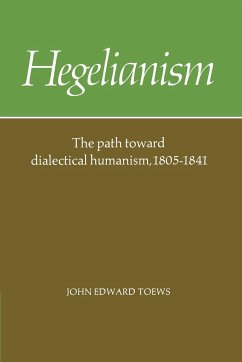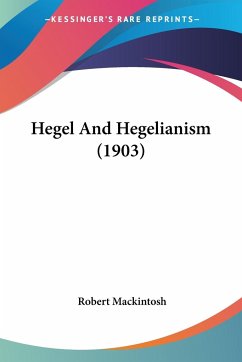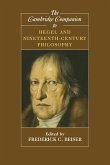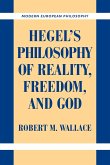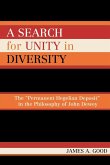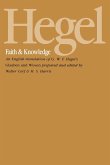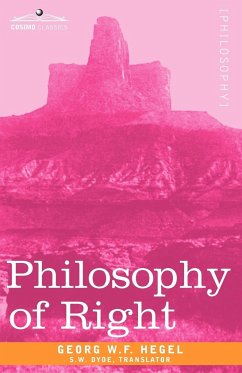This is a study of the rise of Hegelian thought throughout the intellectual world in Germany in the first half of the nineteenth century. The book has three interrelated purposes. First, it constitutes the first synthetic description and comprehensive reconstruction of the historical genesis and humanist transformation of Hegelian ideology. Secondly, the study addresses the problem of recurrent patterns of hope and disillusionment in the successive phases of dialectical thought. Finally, the book is concerned with ideological responses to the experience of communal and religious disintegration.
Table of contents:
Preface; Introduction; Part I. Philosophy and Cultural Integration: Hegel in Context: 1. The origins of the Hegelian project: tensions in the father's world; 2. Revolution and Romanticism: the generational context of Hegel's ideology of cultural integration; 3. The reconciliation of Reason and reality: Hegel's differentiation from Romanticism; Part II. The Historical Appropriation of the Absolute: Unity and Diversity in the Hegelian School, 1805-1831: 4. Hegel and Hegelianism: disciples and sympathizers in the formation of the Hegelian school; 5. Hegelian politics during the Restoration: accommodation, critique, and historical transcendence; 6. Christian religion and Hegelian philosophy during the Restoration: accommodation, critique, and historical transcendence; Part III. The Reduction of the Absolute to 'Man': The Division of the School and the Emergence of the Hegelian Left, 1830-1841: 7. Right, center, and left: the division of the Hegelian school in the 1830s; 8. Strauss and the principle of immanence; 9. Bruno Bauer and the reduction of absolute spirit to human self-consciousness; 10. Feuerbach and the reduction of absolute spirit to human 'species being'; Epilogue; Notes; Bibliography; Index.
Hinweis: Dieser Artikel kann nur an eine deutsche Lieferadresse ausgeliefert werden.
Table of contents:
Preface; Introduction; Part I. Philosophy and Cultural Integration: Hegel in Context: 1. The origins of the Hegelian project: tensions in the father's world; 2. Revolution and Romanticism: the generational context of Hegel's ideology of cultural integration; 3. The reconciliation of Reason and reality: Hegel's differentiation from Romanticism; Part II. The Historical Appropriation of the Absolute: Unity and Diversity in the Hegelian School, 1805-1831: 4. Hegel and Hegelianism: disciples and sympathizers in the formation of the Hegelian school; 5. Hegelian politics during the Restoration: accommodation, critique, and historical transcendence; 6. Christian religion and Hegelian philosophy during the Restoration: accommodation, critique, and historical transcendence; Part III. The Reduction of the Absolute to 'Man': The Division of the School and the Emergence of the Hegelian Left, 1830-1841: 7. Right, center, and left: the division of the Hegelian school in the 1830s; 8. Strauss and the principle of immanence; 9. Bruno Bauer and the reduction of absolute spirit to human self-consciousness; 10. Feuerbach and the reduction of absolute spirit to human 'species being'; Epilogue; Notes; Bibliography; Index.
Hinweis: Dieser Artikel kann nur an eine deutsche Lieferadresse ausgeliefert werden.

